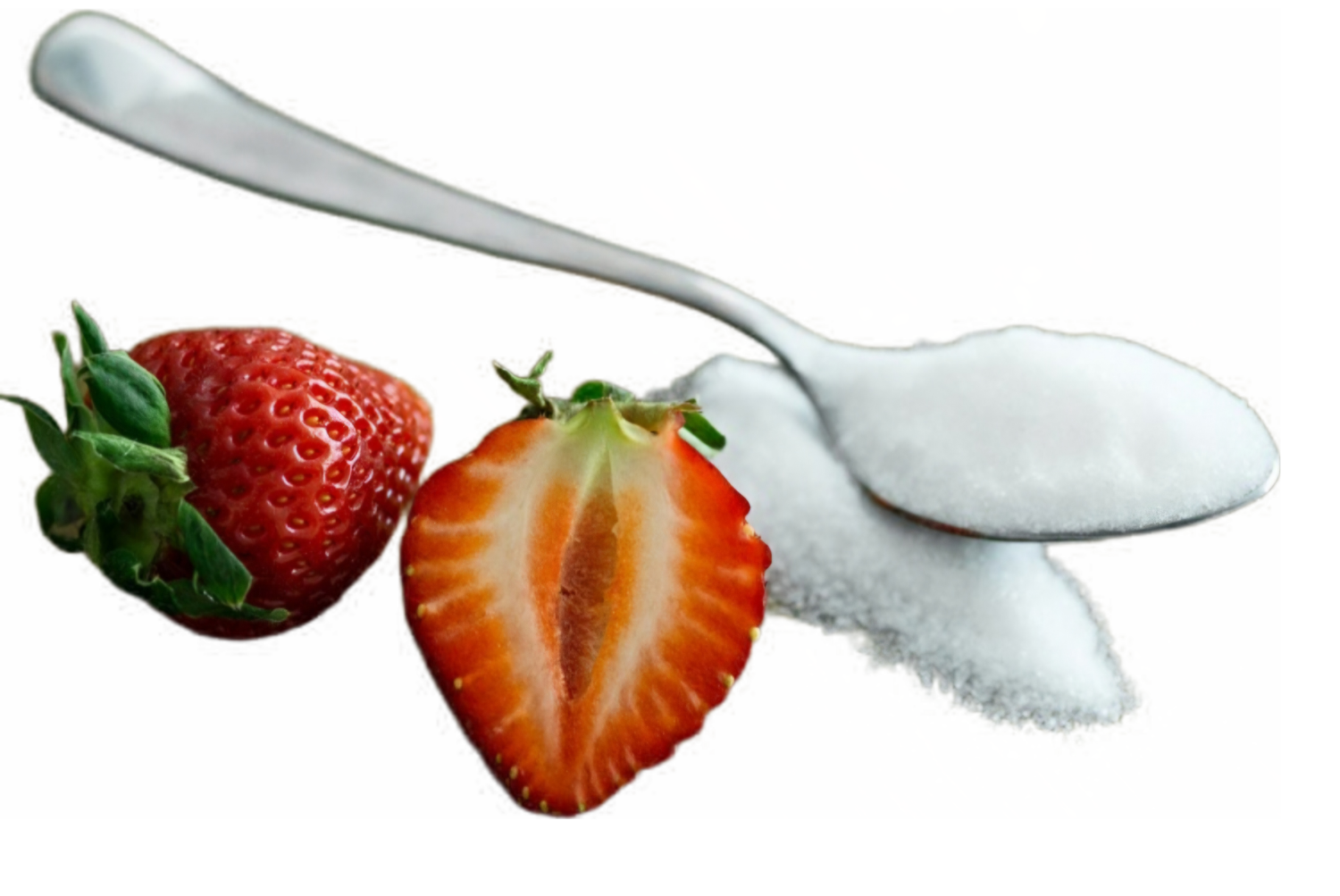
Is allulose sweetener keto-friendly?
Allulose StoreSource: Food & Wine
Allulose is a low-calorie sugar that has become popular as a sweetener in recent years.
It is a rare sugar that occurs naturally in small amounts in certain fruits and foods, such as figs, raisins, and maple syrup.
However, most allulose used in foods is produced by converting fructose from plant sources, such as corn or beet sugar.
Allulose has some similarities to traditional sugar in terms of taste and texture, but it has several unique properties that make it an attractive alternative for those following a special diet or looking for a healthier sweetener.
It has a lower calorie value than regular sugar, only accounting for about 10% of the calories.
Additionally, allulose has a zero glycemic index, meaning it does not raise blood sugar levels, while regular sugar has a glycemic index of 65.
Compatibility of allulose with the keto diet
One of the most important benefits of allulose is that it has minimal impact on blood sugar and insulin levels.
Unlike regular sugar, allulose is absorbed and metabolized differently in the body, which has a negligible effect on blood sugar levels.
This property makes allulose an excellent choice for individuals following a ketogenic diet, as it does not interfere with ketosis or the body’s ability to burn fat.
Allulose sweetener is technically classified as a carbohydrate, but the body does not fully metabolize it like other carbohydrates.
Most of the consumed allulose (about 70%) is excreted unchanged in the urine, providing only a fraction of the calories compared to regular sugar.
While allulose contains about 0.4 calories per gram, regular sugar contains 4 calories per gram.
The low-calorie and low-carb nature of allulose fits well with the principles of the ketogenic diet.
The way allulose is metabolized in the body is quite unique.
After ingestion, a small portion of allulose (about 30%) is absorbed in the small intestine and enters the bloodstream. However, instead of being fully metabolized into energy like glucose, most of the absorbed allulose is excreted unchanged through the kidneys.
This minimal metabolism of allulose is low in calories and has a negligible effect on blood sugar levels.
Benefits of allulose on the keto diet
One of the major benefits of allulose is its ability to mimic the taste and texture of regular sugar. This similarity makes it an excellent substitute for traditional sweeteners in baked goods, beverages, and other keto-friendly recipes.
Allulose sweetener
It can provide the sweetness and taste in the mouth that many people crave without the negative effects of sugar on blood sugar levels and ketosis.
Incorporating allulose into keto recipes can greatly improve their taste and texture without compromising the ketogenic state.
It allows keto dieters to enjoy sweet treats and desserts while staying within their carb and calorie limits.
Allulose can be used in a variety of keto-friendly recipes, such as baked goods, cakes, candies, sauces, dressings, and beverages, providing a guilt-free way to satisfy your sweet cravings.
Unlike some artificial sweeteners, allulose is heat stable and can be used in baking and cooking without losing its sweetness or having an unpleasant aftertaste.
Its browning ability also makes it suitable for creating caramelized flavors in baked goods, sauces, and other cooked foods.
Additionally, allulose has a shelf life and volume similar to regular sugar, which can be beneficial in maintaining the desired texture in baked goods and other recipes. This property allows allulose to be seamlessly substituted for sugar without compromising the overall quality of the final product.
Considerations and precautions
While the sweetener allulose is generally recognized as safe (GRAS) by the U.S. Food and Drug Administration (FDA), some individuals may experience digestive issues when consumed in large amounts .
Allulose is not fully absorbed by the body, and excessive consumption may lead to gastrointestinal side effects such as bloating, gas, and abdominal discomfort.
In order to assess individual tolerance, it is recommended to introduce allulose gradually and in moderation.
The FDA has set the acceptable daily intake (ADI) for allulose at 0.4 grams per kilogram of body weight.
This means that a person weighing 70 kg can safely consume up to 28 grams of allulose per day.
However, it is important to consider individual tolerance and adjust intake accordingly.
When on a ketogenic diet, it is advisable to use allulose in moderation and in combination with other keto-friendly sweeteners to avoid overconsumption and possible side effects.
It’s also worth noting that while allulose itself doesn’t significantly affect blood sugar levels, it’s often mixed with other sweeteners or bulking agents in commercial products.
It’s key to read ingredient labels carefully and be aware of any additional carbs or calories from these added ingredients when consuming allulose-containing products while on a ketogenic diet.
Conclusion
Allulose is a promising sweetener for those following a ketogenic diet.
Its low calorie and carbohydrate content, as well as its minimal impact on blood sugar levels, make it suitable for maintaining ketosis .
Additionally, allulose has a taste and texture similar to traditional sugar, allowing you to create delicious and satisfying keto-friendly recipes without compromising the principles of the diet.
While allulose is generally considered safe and keto-friendly, it is essential to consume it in moderation and monitor individual tolerance.
For a balanced approach, it is recommended to gradually introduce allulose into your diet and combine it with other keto-friendly sweeteners.
Consulting with a healthcare professional or registered dietitian can provide personalized guidance on incorporating allulose into a ketogenic lifestyle.
References:
1. Bray, GA (2016). Are non-nutritive sweeteners effective in weight control? Current Obesity Reports, 5(4), 427-434.
2. Hayashi, N., Iida, T., Yamada, T., Okuma, K., Takehara, I., Yamamoto, T., ... & Tokuda, M. (2010). Study on the postprandial blood glucose lowering effect of D-psicose in borderline diabetes and the safety of long-term consumption in normal human subjects. Bioscience, Biotechnology, and Biochemistry, 74(3), 510-519.
3. Lozano, I., Van der Werf, R., Bietiger, W., Seyfritz, E., Peronet, C., Pinget, M., ... & Maillard, E. (2016). Skeletal muscle insulin resistance and mitochondrial dysfunction induced by a high fructose and fat diet in vivo: Evidence for diet-induced insulin resistance. Oxidative Medicine and Cellular Health, 2016, 8208647.
4. Hsu, TF, Kusumoto, A., Abe, K., Hosoda, K., Kiso, Y., Wang, MF and Yamamoto, S. (2007). Polyphenol-enriched oolong tea enhances fecal lipid excretion. European Journal of Clinical Nutrition, 61(11), 1330-1336.

